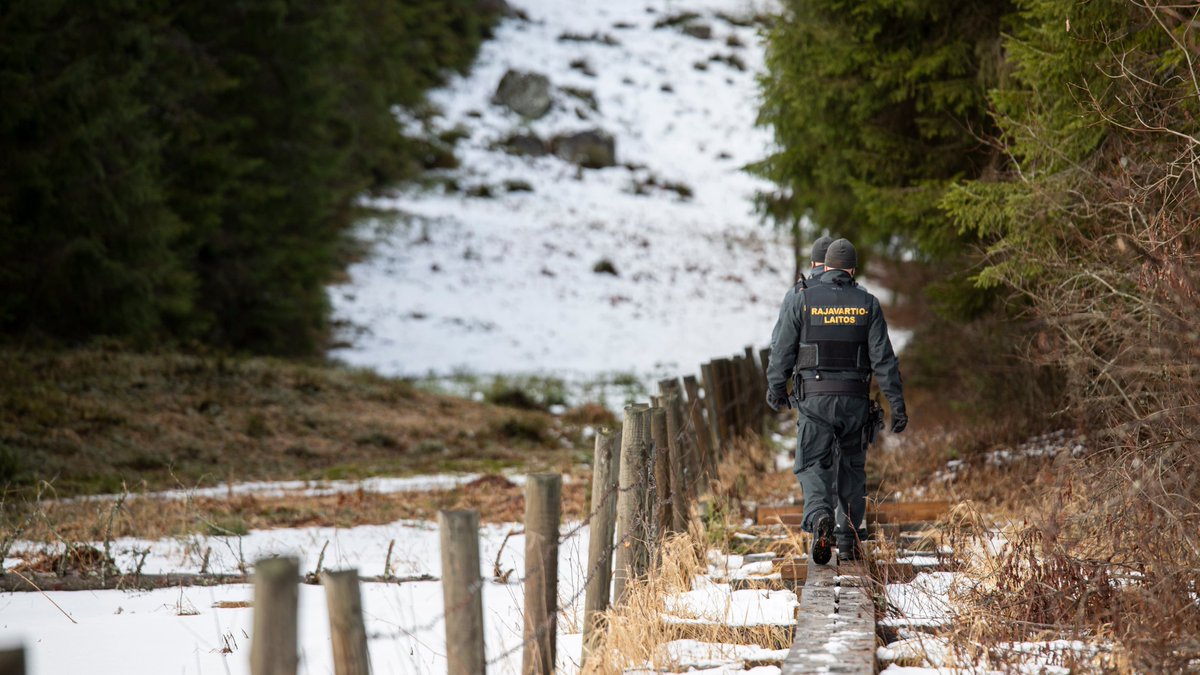
My new @ForeignAffairs piece makes the case for Realism's usefulness in understanding the 🇷🇺-🇺🇦 war & international politics generally.
It draws from a variety of my THREADS on the war, & on Realism (#KeepRealismReal).
This is a THREAD of those THREADS
foreignaffairs.com/articles/ukrai…
It draws from a variety of my THREADS on the war, & on Realism (#KeepRealismReal).
This is a THREAD of those THREADS
foreignaffairs.com/articles/ukrai…
I've written a host of 🧵s on the 🇺🇦-🇷🇺 war specifically, but two were most relevant to this piece.
First, my 🧵 on why I disagree with Mearsheimer's views on the war's cause and why I think his earlier work (on Offensive Realism) is more useful for understanding the war.
https://twitter.com/ProfPaulPoast/status/1500097922788175879
Second, my 🧵on whether Huntington's "Clash of Civilizations" thesis offers any insight into this war: it does, but because it DID NOT predict the war.
https://twitter.com/ProfPaulPoast/status/1510230211635331076
"Clash of Civilizations is wrong" shouldn't surprise long-time followers of my account: I've written other 🧵s on the Clash of Civilization thesis (specifically, how I teach it in the classroom) and how it is not supported by the evidence
https://twitter.com/ProfPaulPoast/status/1198787340711452678
My above Mearsheimer 🧵 on the 🇷🇺-🇺🇦 war drew from other threads that I've written about his work.
One of those other threads discussed his predictions regarding post-Cold War Europe: namely, his expectation of major power war returning to the continent.
https://twitter.com/ProfPaulPoast/status/1412739908565884928
The other 🧵on Mearsheimer's work looked back at his 1990s debates over the role of international institutions in helping to stabilize Europe (focusing especially on NATO).
https://twitter.com/ProfPaulPoast/status/1416358123560910857
Those two Mearsheimer 🧵s where part of a series of 🧵s on Realist Theory in international relations. I called that series #KeepRealismReal.
That series was invaluable for shaping how I described Realism in the Foreign Affairs piece.
That series was invaluable for shaping how I described Realism in the Foreign Affairs piece.
The first #KeepRealismReal 🧵looked at the early development of modern Realist theory in IR: it focused on the 1920s and 1930s debates on disarmament (with special emphasis on Philip Kerr and Merze Tate).
https://twitter.com/ProfPaulPoast/status/1391016632978493440
The second #KeepRealismReal 🧵 looked at the work of E.H. Carr, often viewed as a founding modern realist. As I indicate in the Foreign Affairs piece, I don't think he would have agreed with that label.
https://twitter.com/ProfPaulPoast/status/1392461863074553861
The third #KeepRealismReal 🧵 looked at a TRUE founding modern Realist: the often overlooked work of G. Lowes Dickenson.
https://twitter.com/ProfPaulPoast/status/1429052769923633153
The fourth #KeepRealismReal 🧵 turned to "Mr. Realism", Hans Morgenthau. In doing so, I showed that Realists *want* a better world, they just don't think it will happen.
https://twitter.com/ProfPaulPoast/status/1393901491413524482
To fully appreciate why Morgenthau focused on World Government, it's important to understand the prominence of that hope in the 1940s and 1950s. That's what I did in this 🧵 on Albert Einstein (yes, THAT Albert Einstein).
https://twitter.com/ProfPaulPoast/status/1464941530939117568
The fifth & sixth #KeepRealismReal 🧵s looked into the work of Kenneth Waltz.
The first Waltz 🧵 unpacked his useful -- but often misunderstood -- distinction between "international politics" and "foreign policy".
https://twitter.com/ProfPaulPoast/status/1396077476850421769
The second Waltz 🧵 went deeper into this own theory of "international politics", eventually called "Neorealism" (referred to in the FA piece as "Structural Realism").
https://twitter.com/ProfPaulPoast/status/1401139406996639744
As I explained in the seventh #KeepRealismReal 🧵, the logical consistency and validity of Waltz's theory was eventually formalized by his student, James Fearon (he was mentioned in an early draft of the FA piece, but eventually cut during editing).
https://twitter.com/ProfPaulPoast/status/1421445829710204935
Another Realist who wasn't mentioned in the piece, but about whom I wrote a well received 🧵, was Robert Jervis. His work on misperceptions and the security dilemma is critical (in my view) for understanding the 🇷🇺-🇺🇦 war.
https://twitter.com/ProfPaulPoast/status/1469650108618846208
Not all of my #KeepRealismReal 🧵s focused on individuals. Some looked into key Realist concepts, such as...
..."balancing"...
https://twitter.com/ProfPaulPoast/status/1439205627297939456
... and "offensive v defensive realism".
https://twitter.com/ProfPaulPoast/status/1451879284344336385
Speaking of "offensive v defensive realism", that shouldn't be confused with another key Realist concept: offensive v defensive WEAPONS.
Here was a 🧵on why that distinction doesn't really make sense.
Here was a 🧵on why that distinction doesn't really make sense.
https://twitter.com/ProfPaulPoast/status/1365671660024721411
I plan to continue the #KeepRealismReal series, looking at even more Realist figures.
I also plan to continue 🧵s focused on the 🇷🇺-🇺🇦 war (because, sadly, I don't see it ending soon).
I also plan to continue 🧵s focused on the 🇷🇺-🇺🇦 war (because, sadly, I don't see it ending soon).
https://twitter.com/ProfPaulPoast/status/1519311958918537216
• • •
Missing some Tweet in this thread? You can try to
force a refresh






